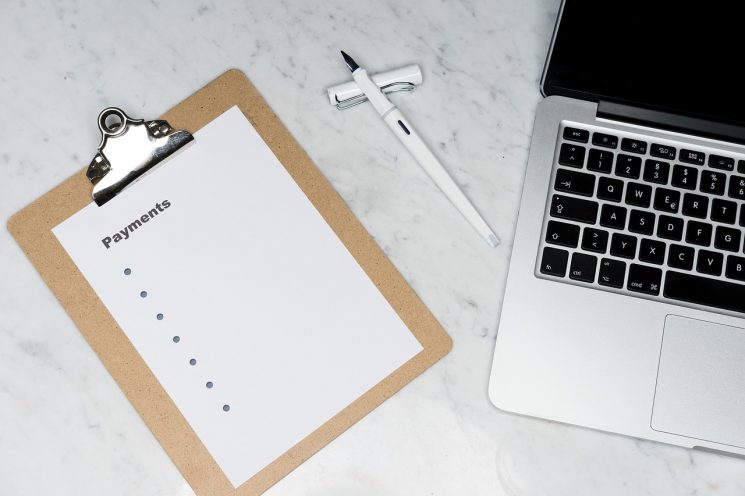Paying off your debts early can be a good idea, especially when you’ve been paying minimum payments for a high-interest credit card debt. However, it may not always be the best thing to do. Read this article and learn the things you need to consider before paying off your debts early.
Do Prioritize Savings First
Emergency savings can keep you secure should something comes up, such as losing a job or a medical emergency. So make sure that you allot a certain amount for savings first before paying off personal loans. It’s okay to take some of your emergency savings but only to pay off a month or two final payments for your personal loans. Taking so much may not be a good idea because you won’t be able to take that back once you make the payment. If you don’t have enough savings and suddenly lose your job, you may need to reapply for another loan. Pay off your loans early only when you already have at least six months of emergency savings for protection.
Do Ensure You Have Enough Funds To Cover Essentials
Should you decide to pay off your loans early, make sure that you can still cover essential needs such as housing, food, utilities, and other needs. You may end up losing your home when you miss making payments for your secured loans, such as housing. Pay off your loans early only when you’re certain that you have enough money to cover your other expenses.
Know if You Need to Pay Prepayment Fees
Some lenders still charge prepayment fees when their clients decide to pay off their loans early. It’s one way for them to make more money off personal loans. Before paying off a personal loan early, calculate the interest you have to pay for the remaining months vs. the prepayment fees. Pay off your loans early only when the interest for the remaining months is higher than the prepayment fee. Otherwise, consider just waiting it out and making your payments every month.
Don’t Use Retirement to Pay Off Debt Early
Before tapping into your retirement funds, find out if fees are involved when you take funds early. You may consider paying using your retirement funds only when you need to pay higher interest rates for your personal loan. As an alternative, you can also consider refinancing your loan rather than tolerating high interest rates or using your reserve funds.
Think Smart
If you have extra funds, consider making strategic investments such as starting a business to generate more money or taking advantage of compound interest. You can invest in IRA or 401(k) plans when you have more than enough. Investing in yourself is also a good idea, especially when it can help you earn more in the future. One thing to keep in mind, though: Investments don’t always guarantee returns while paying off debts can improve your credit. What you decide to will always depend on your financial situation and the benefits you will get.





